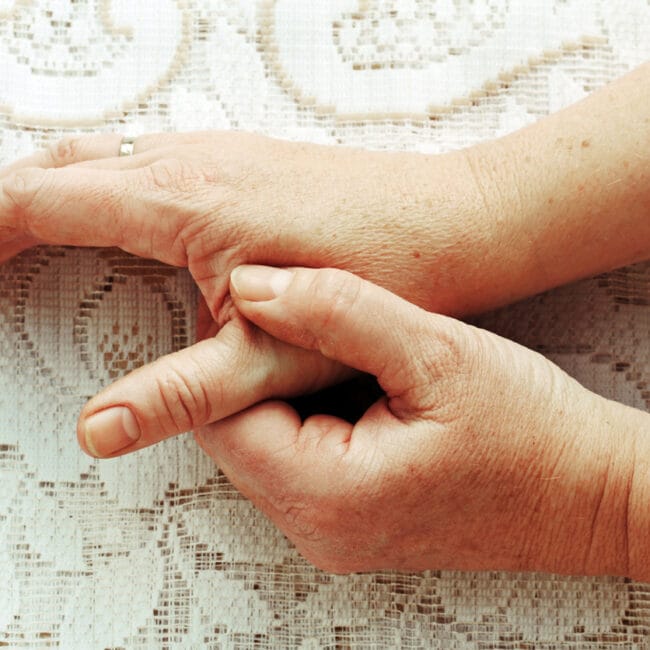Many people start running as a part of a general lifestyle change to get fit and lose weight. Running burns a lot of calories (an average of about 100 calories per mile), so you would think that would lead to weight loss. However, this is not always the case with some runners finding they don’t lose any weight. There is no straight forward answer on this, as everyone is different, but here are some things to take into consideration…
Are You Eating More Calories Than You Need?
Even if you are running, if you aren’t burning more calories than you’re consuming, you’re not going to see a difference on the scale. Try spreading out your calories throughout the day into 5 or 6 small meals so you don’t overeat. Also make sure you’re snacking on the right foods to improve your weight loss and performance, and not junk food.
Don’t forget that sports drinks have calories too! While hydration is important, plain water is find for shorter runs and when you are not running. So make sure you combine running with a healthy diet if you are looking to lose weight.
Increased Muscle Mass
Pay attention to how you’re feeling overall, and use measurements such as inches other than weight, as you may not be losing weight but your body fat percentage has decreased so you’re more toned than you were before.
Increase Distance And Intensity
You’ll probably have more success if you increase your overall weekly mileage. If you always run the same pace, try incorporating speed intervals in one run. You can start adding speed by warming up for a mile and then running at a faster pace (breathing heavy but still in control) for a minute, and then recovering at an easy pace for a minute. Continue with this pattern for two miles, then cool down for 5-10 minutes. When that gets too easy, you could always increase the time of your speed intervals or do hill repeats instead.











